A fierce wildfire that has been raging in the Trancoso municipality since Saturday has left a trail of destruction, leaving many agricultural producers, especially chestnut growers, "with nothing," while livestock breeders are left without fodder to feed their animals.
Rapid and Uncontrollable Flames
The flames spread quickly and uncontrollably in recent days between Freches, where it all began, Mendo Gordo, and Terrenho, on the opposite side of the municipality, by Tuesday. In their wake, they threatened several villages, skirted the city of Trancoso, and remain active today.
Behind, the landscape is black, smoldering, and exuding a strong smell of burnt earth. This is the scenario many agricultural producers will have to live with in the coming months.
Chestnut Producers Hit Hard
The fire is not yet over, but the assessment of damages is beginning for chestnut producers in a municipality with about 900 producers, who annually produce nearly three thousand tons of this fruit, according to municipal information.
Producer Loses 200 Chestnut Trees
Marcílio Faustino, from Castanheira, lost about 200 chestnut trees and a source of income. "In a normal year, I could make more than five thousand euros from chestnuts. This year I will have nothing. It's a huge loss," the producer told Lusa news agency.
The resident of Castanheira, where the fire was active on Monday, also failed to save a truck of hay "in large bales, of four cords," which he paid 25 euros per bale. "It's another loss, and another will come, because now I have no way to feed my 80 sheep. Look, they will have to start eating less, tightening their belts, because what's left, like corn stalks, is all burnt," he lamented.
Marcílio Faustino added that he has already been contacted by the municipality, which promised to deliver bags of flour to feed the flock. "They called from the City Hall to ask how many sheep I had, said they would give me some bags of flour, we'll see."
"I Was Alone, Without Light or Water"
José Cruz, owner of a gardening company in Castaíde and a chestnut producer, has also been approached by the municipality. "They already called me, said they would see... They asked to take photos of what burned and all that. The parish council president also came to see what was needed. I'll wait to see what comes. Any help is good, and we hope for it," he said.
In his case, he lost "many garden trees, 25 years old, beeches, lindens, pines of various qualities, shrubs." "There wasn't a plane dropping water, nor firefighters... I was alone, without light or water. Only at the end, some people came to help with a cistern on a pick-up, and we managed to avoid the worst," he recounted, his voice choked.
José Cruz assures that without that help, his house would have burned completely. "It was a close call. The flames were right next to it, the roof burned, and the heat broke the window panes," he said.
The businessman has already started taking stock and counted the loss of two small gardening machines - the large ones he managed to remove in time - and several tools, estimating "maybe between five thousand and ten thousand euros in material damages." To continue working, he hopes to rely on the support of some friends and also the authorities, whom he asks for help "now, to start working."
In this fire, José Cruz lost about 300 chestnut trees, "many small ones planted last year, 50 replaced this year because they had dried up, and another 50 that were 20 years old." "I already had some chestnut production, and now I'm left with nothing," he lamented.
"They Were Surrounded by Fire and Had to Flee"
In Quintas de Cima, near Castaíde, Fernanda Dias told Lusa that the family lost an agricultural shed where they kept tools, a hundred bales of hay, a hose, and recently purchased corn for their goats.
The worst was "the distress" of seeing the flames advancing through the land and almost catching her daughter, son-in-law, husband, and neighbor by surprise as they tried to save the shed. "They couldn't save the shed and, by seconds, didn't all stay there, because my husband didn't want to leave. They were surrounded by fire and had to flee, let it burn," she recalled.
Fernanda Dias also spoke of the lack of means to fight the flames, repeating that "no one was seen, it was just us, it was a moment of great distress, it was just us."
"In the Past, It Was Different"
Back in Castanheira, António Santos, a baker in Trancoso, didn't suffer many losses, just "pastures, half a dozen oak trees, and three chestnut trees." He has sheep but is left without food to sustain them. What's left "is all burnt and dry, they won't eat it."
It would be important to have support to feed the animals, he argues. "For example, I have 500 euros to pay in IRS, if they forgave me that, I'd already be happy," he confessed to Lusa.
At 54, António Santos says he had never seen "a scenario like this" in Castanheira, which is surrounded by black. "In the past, it was different, heat came, but there were those August rains, the lands were cultivated, now it's all abandoned. This is a land of chestnuts, and this year there will be nothing, it's all burnt or dry."
Early to Assess Damages
For Cristóvão Santos, president of the Business Association of the Northeast of Beira (AENEBEIRA), it's still too early to assess the damages. "It's very premature to make a more concrete evaluation, especially because the fire is still ongoing in some areas of the municipality," he emphasized to Lusa.
The AENEBEIRA is already monitoring the situation of the affected associates, together with the local authority, who are mainly from the chestnut, cheese production, and livestock sectors.
"It's clear that it will greatly affect chestnut production. In Mendo Gordo, Torre de Terrenho, and Terrenho, a lot of chestnuts are produced, and that area is being heavily affected by the fire. At this moment, we can't quantify the losses, but it's natural that they will be very significant," he said.
Cristóvão Santos refers to chestnut groves that burned, "others that didn't burn, but, due to the heat they took, it calls into question this year's production and the next few years because it's necessary to assess their recovery capacity."

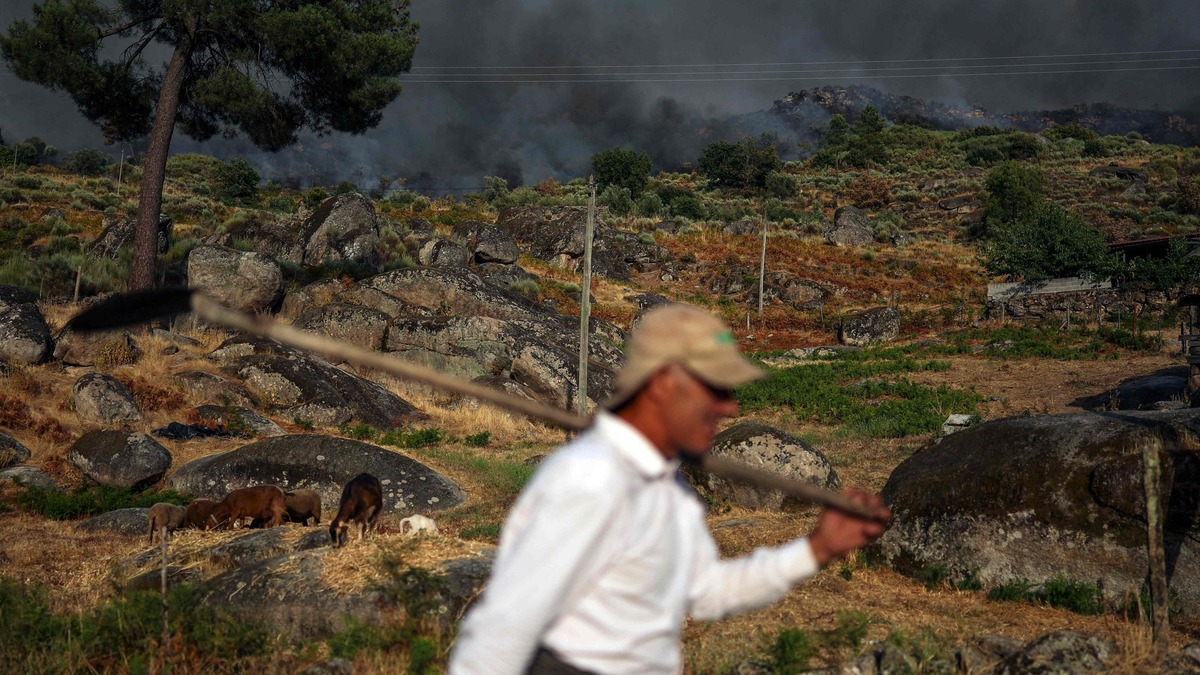

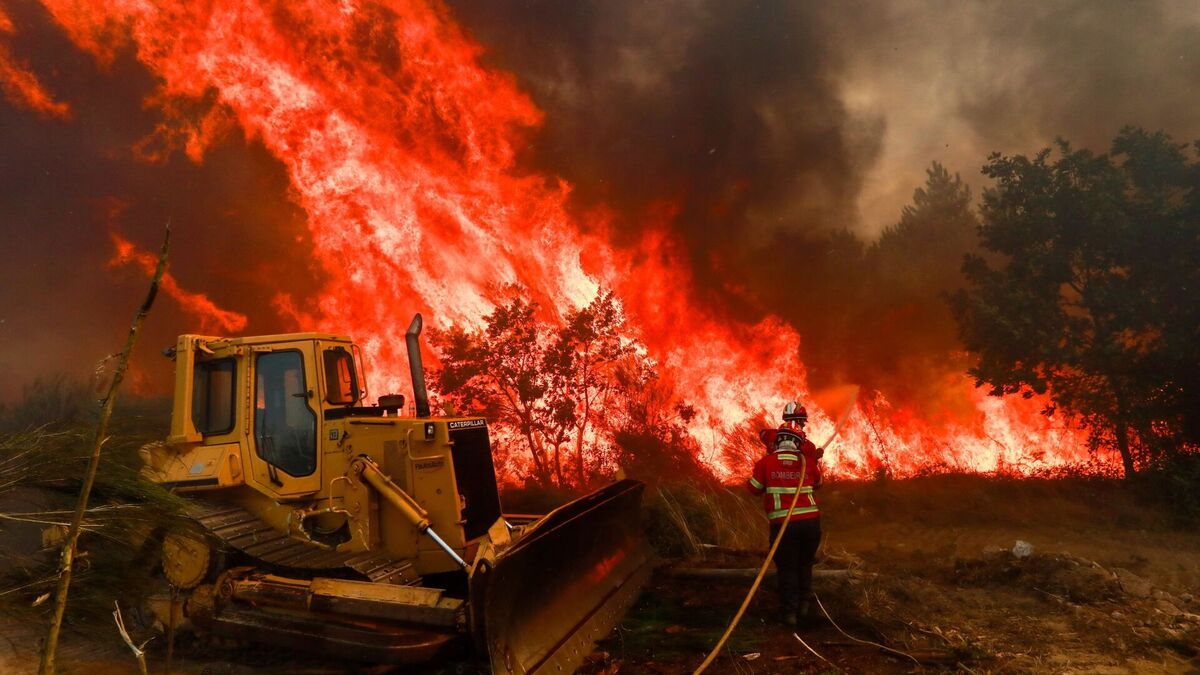
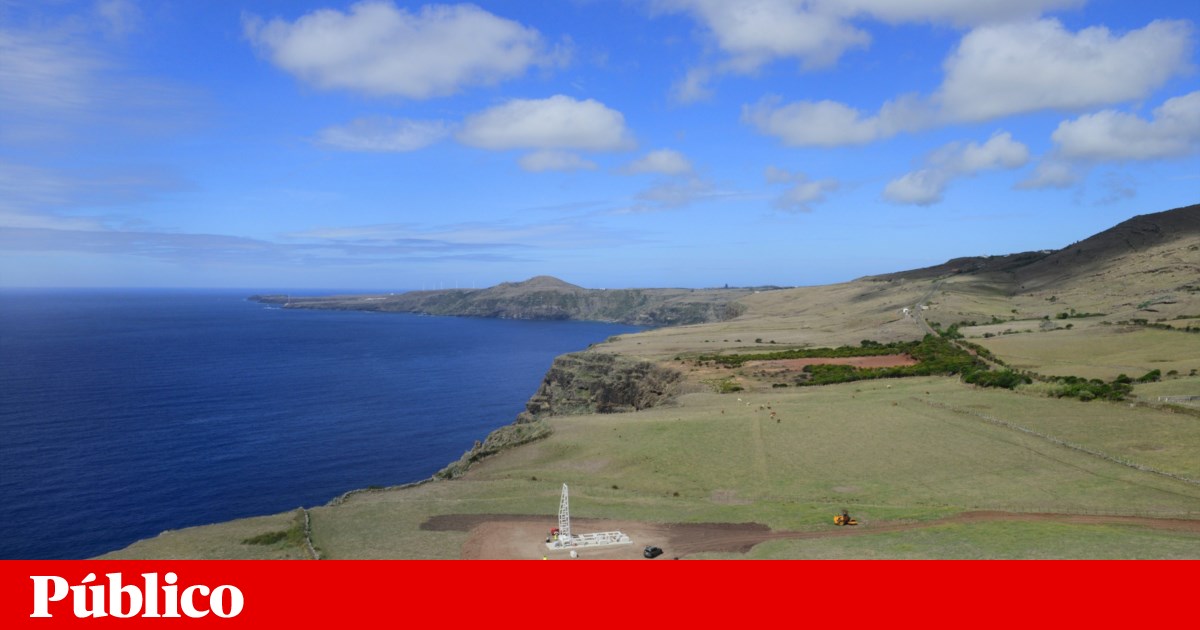

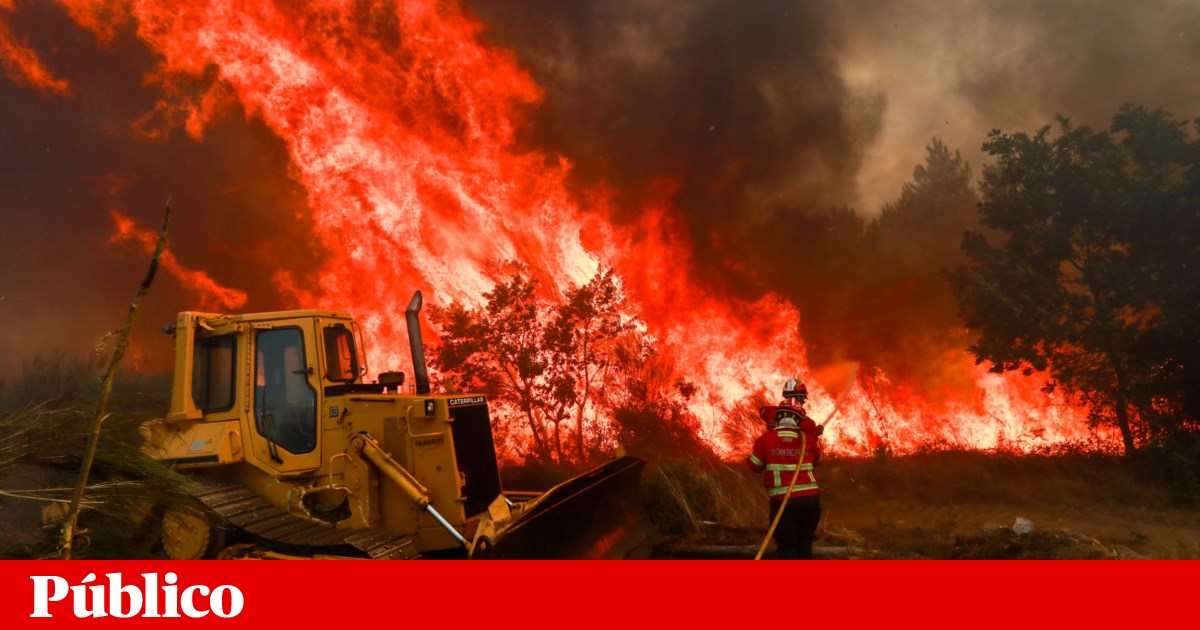
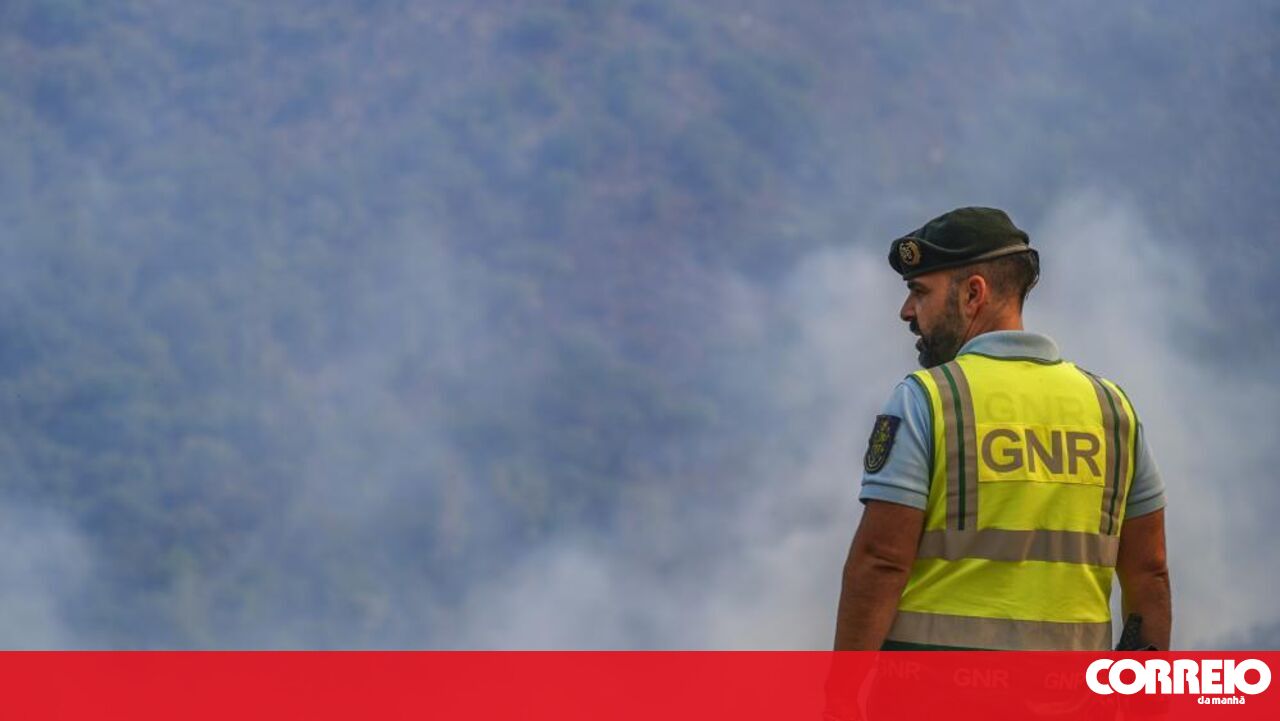
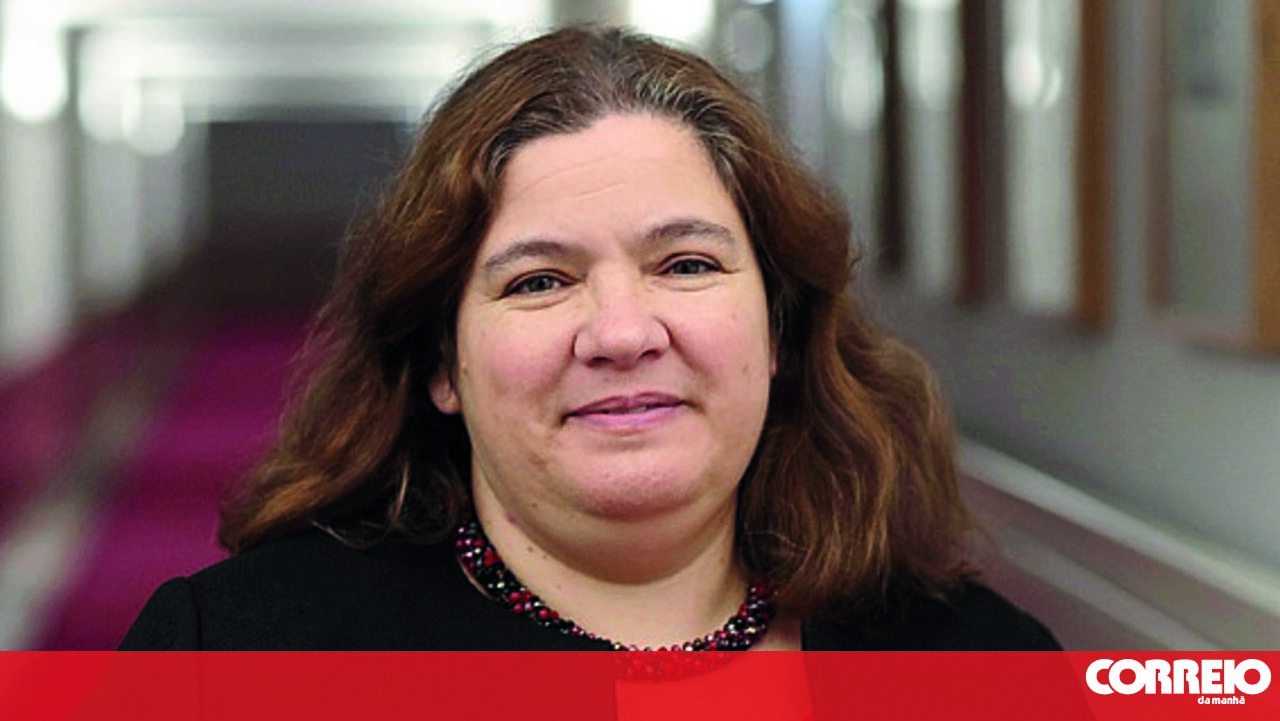

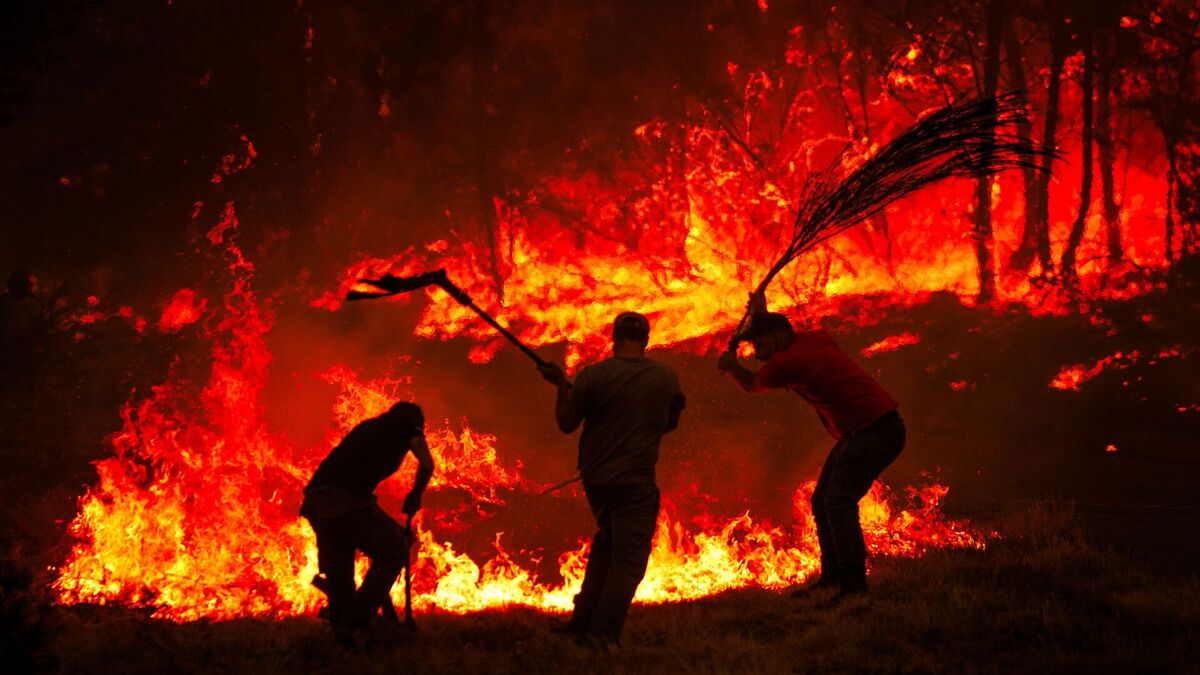

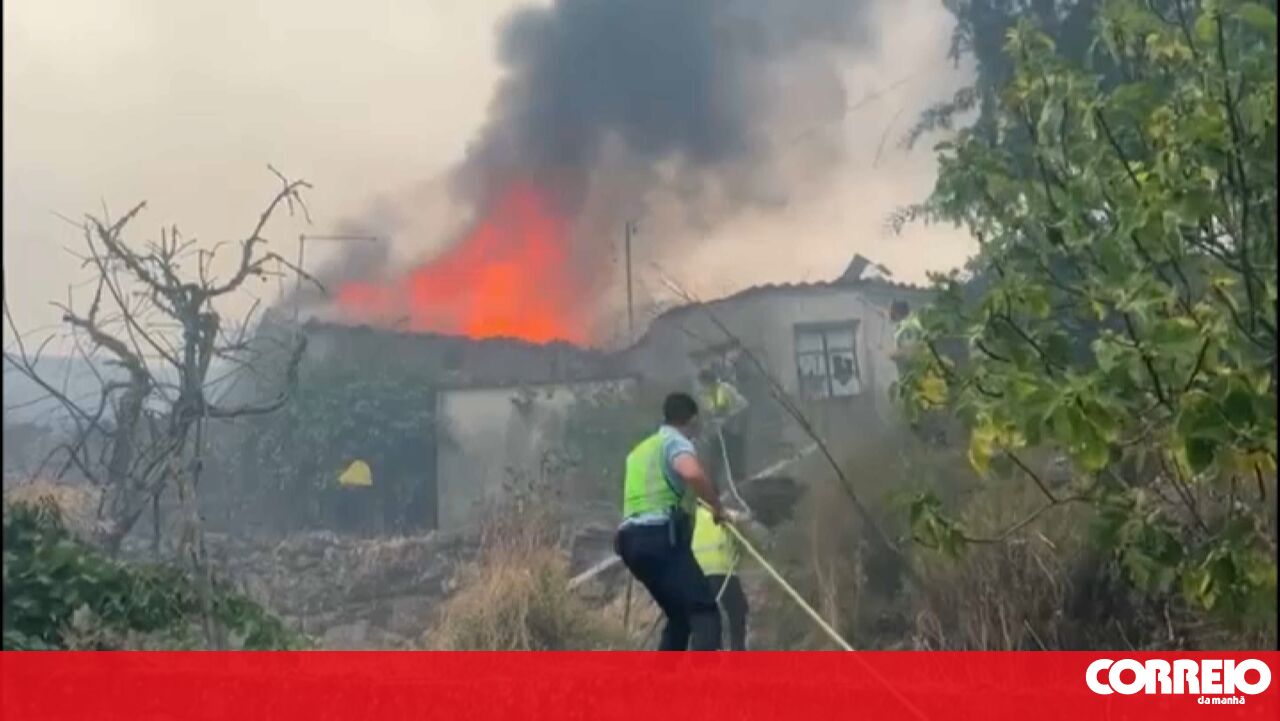
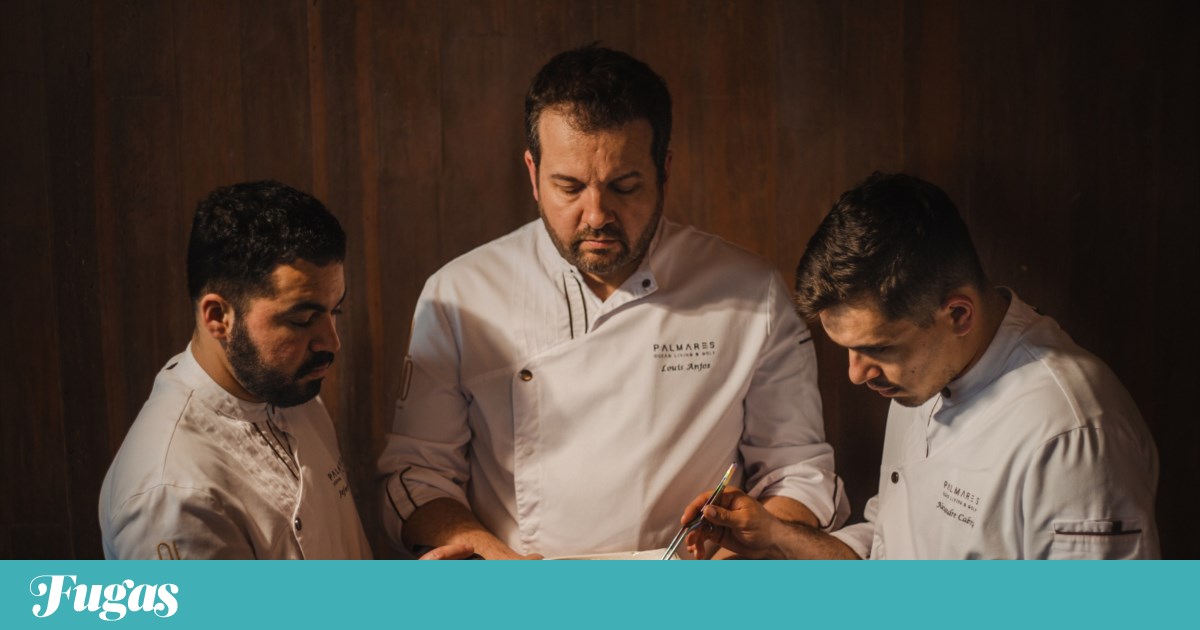

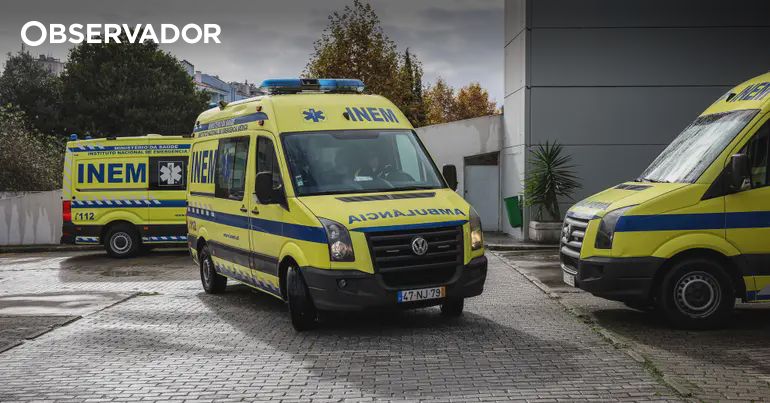


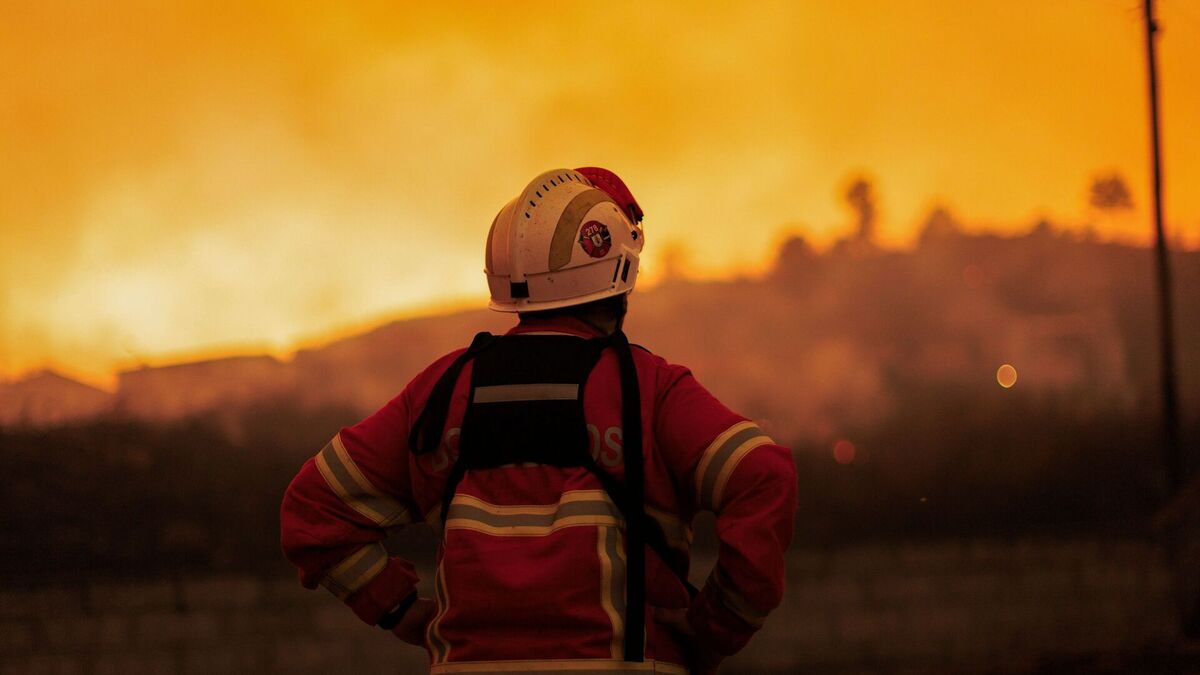
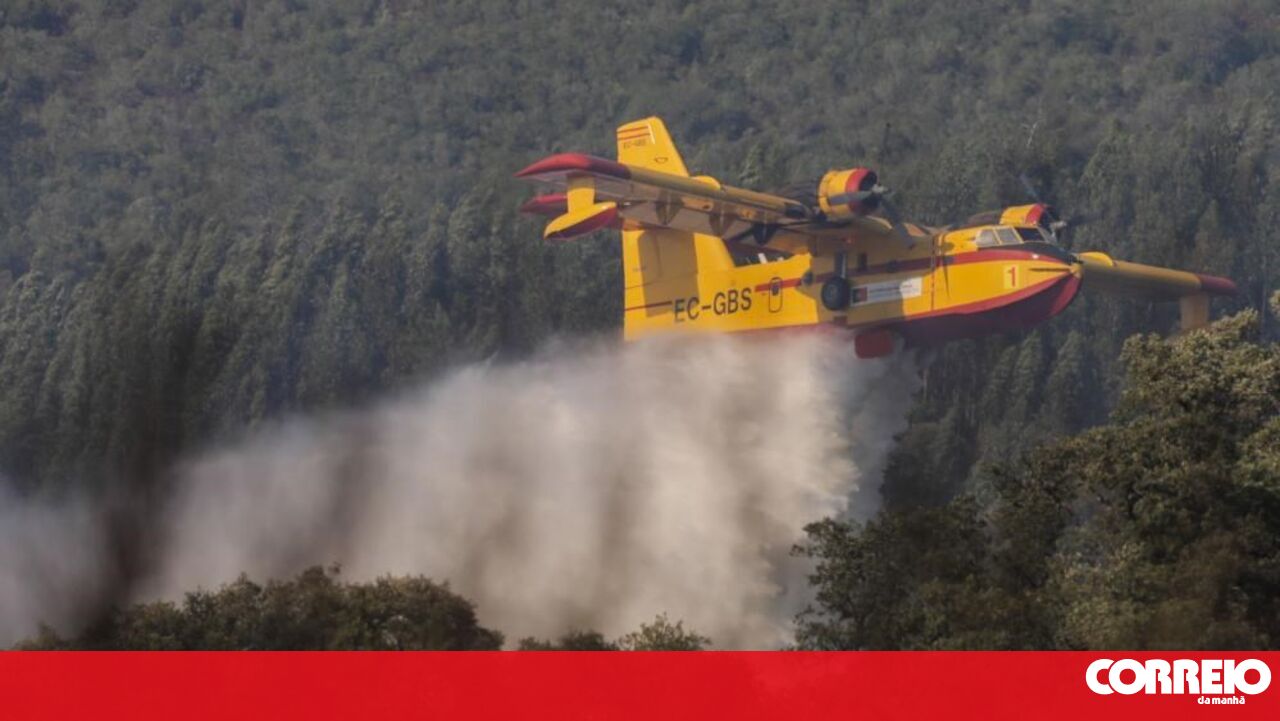
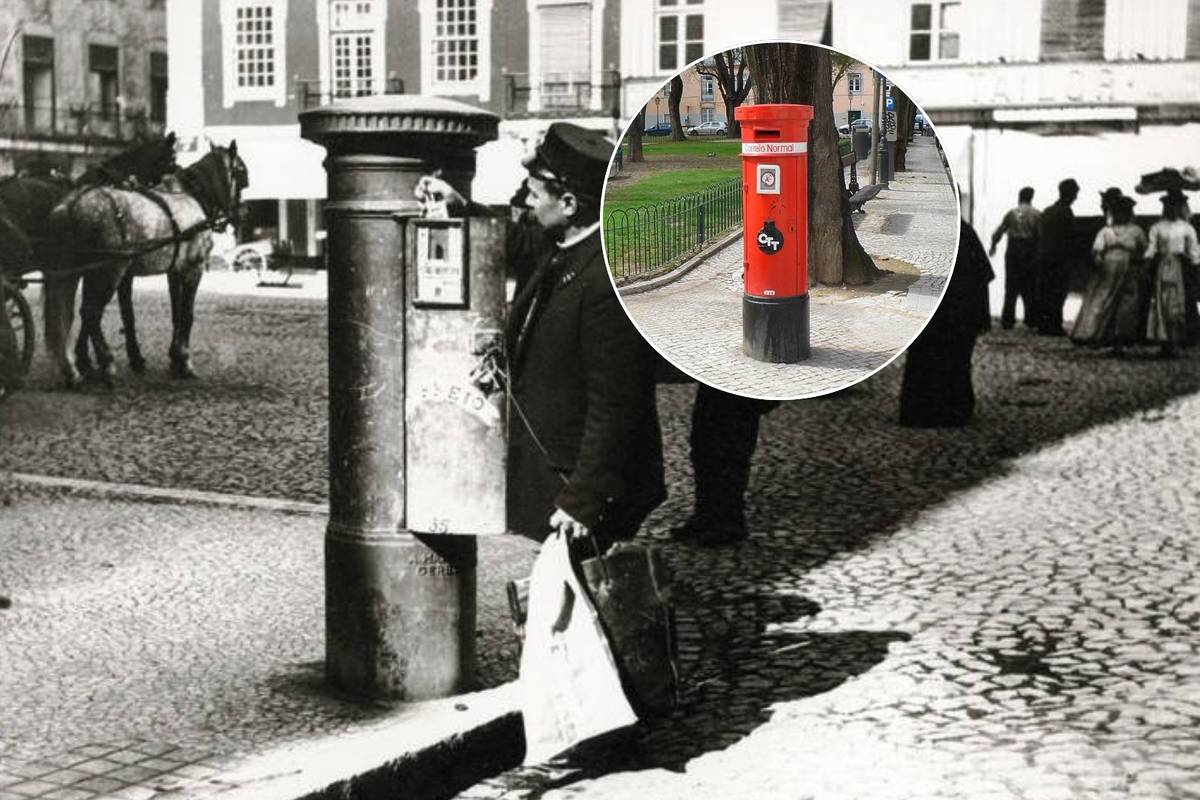
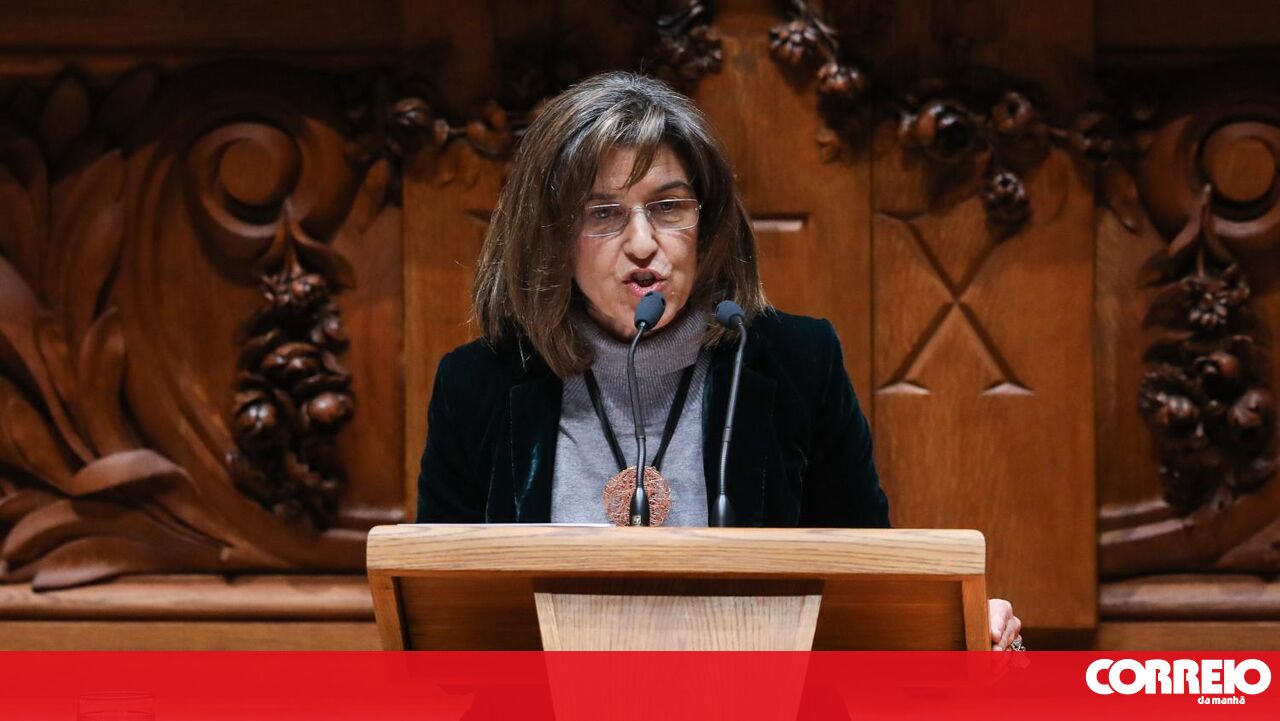

Comments
Join Our Community
Sign up to share your thoughts, engage with others, and become part of our growing community.
No comments yet
Be the first to share your thoughts and start the conversation!